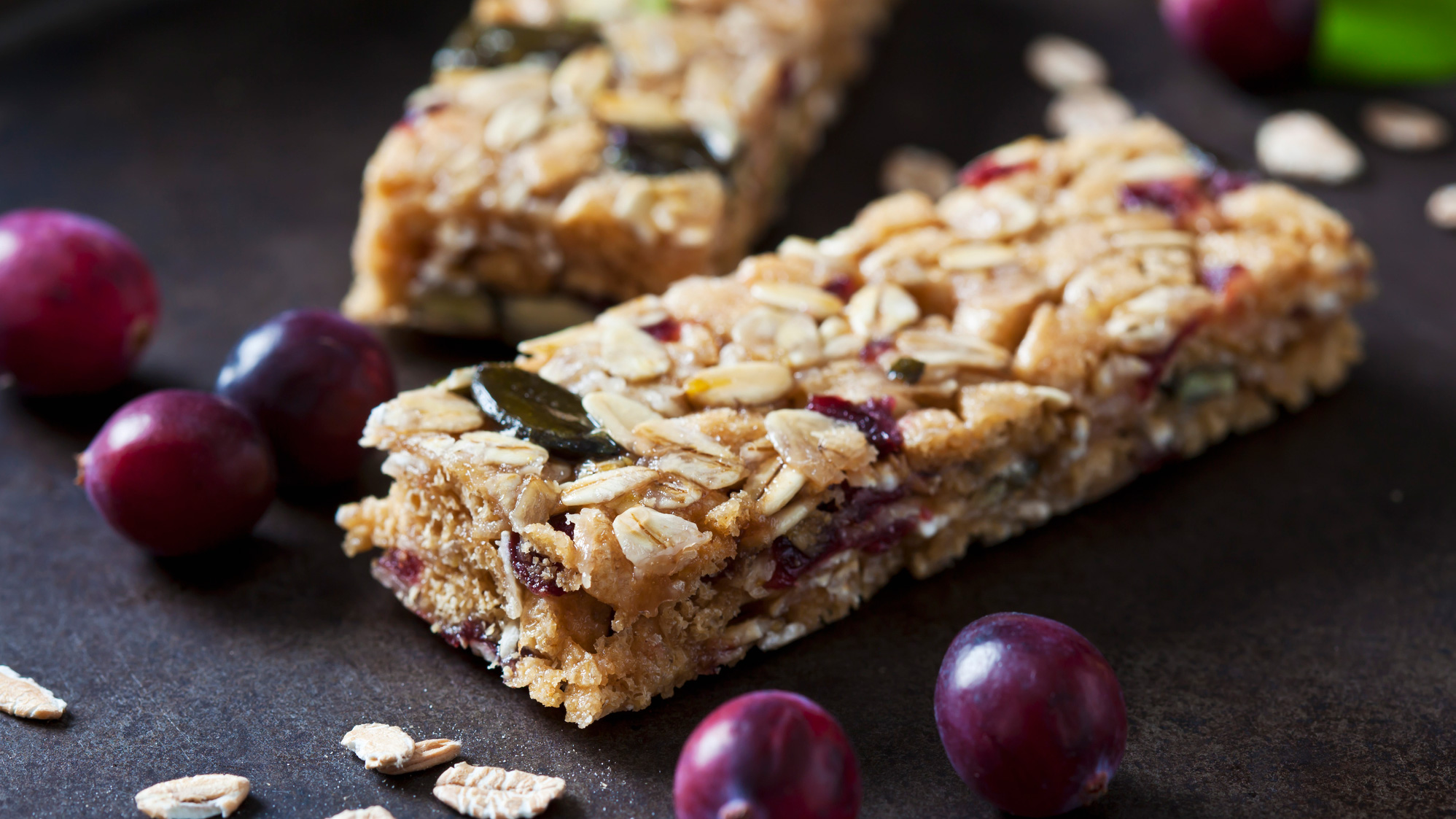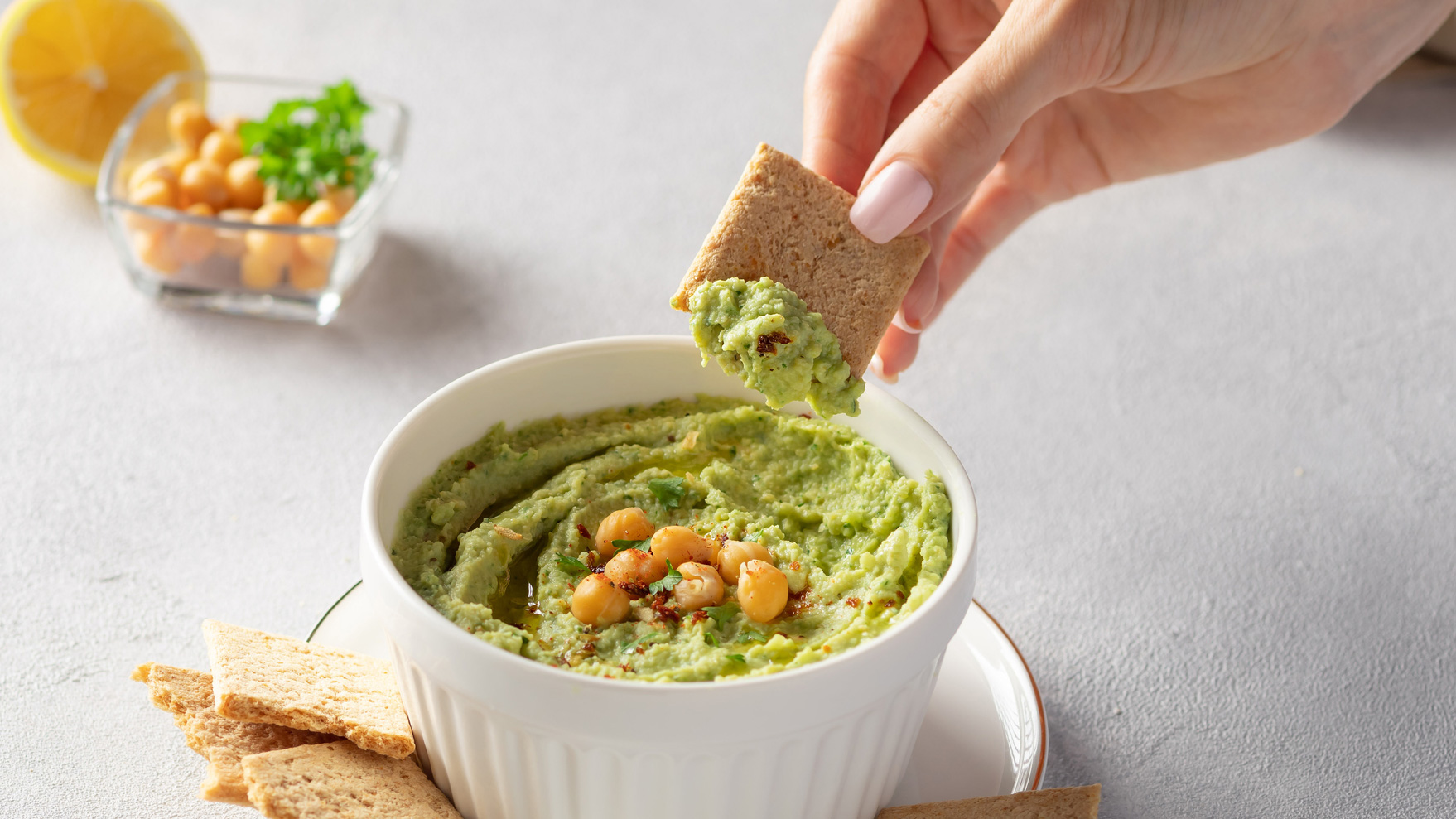How to tell if a weight loss snack is actually healthy, according to a food expert
A doctor and nutritionist tells us what to look for in a weight loss snack (and some red flags to watch out for)


Start your week with achievable workout ideas, health tips and wellbeing advice in your inbox.
You are now subscribed
Your newsletter sign-up was successful
There's no doubt about it—when those mid-afternoon cravings hit, the temptation to grab a snack is almost irresistible, which is why it's always useful to have healthy options close at hand.
While some fruits are obvious choices—it's hard to go wrong with an apple–others are less obvious. Are cereal bars good for us, or are they too full of sugar? Some fitness enthusiasts dedicated to gaining muscle might grab a shake comprised of the best protein powder for weight loss, while others might make granola or browse the best vegan cookbooks for inspiration. Others might opt for store-bought processed snacks, but these can be full of e-numbers and harmful chemicals.
Doctor Michelle Braude, author of the Food Effect Diet, The Food Effect Diet Vegan and founder of nutrition advice service The Food Effect, took to our Instagram account for a talk on all things nutrition. She shared some key advice about people looking for healthy alternatives to snack on when the cravings hit.
"People struggle with snacking. For a good healthy snack, you want to stick to something that has a combination of protein, fibre and healthy fats. Something like an apple with a tablespoon of peanut butter, a handful of nuts, wholegrain crackers or carrot sticks paired with hummus."

A nutritionally complete snack needs to fill you up and provide lots of benefits to your body. High-sugar options like chocolate bars will lead to a sugar crash, which will only make you hungry again.
Braude recommends adding protein and healthy fats like omega-3 and omega-6 to your snacks due to published in the Nutrition Journal showing an increase in protein intake will leave you fuller for longer. An apple is good for you; it's low in overall calories, high in fiber, and contains plenty of antioxidants. Adding a spoonful of peanut butter into the mix will help you stay full until dinner time.
What about pre-packaged snacks with 'healthy' labels such as cereal or granola bars? Braude says, “there are bars available, but you should check the ingredients to make sure the ingredients are few and natural, such as nuts and dates or cocoa powder” rather than e-numbers, sugar and chemicals.
Many so-called 'energy bars' contain lots of processed sugar as they're designed for athletes to refuel on the go, not to be eaten sitting at your desk. Always read the label and opt for snacks with fewer, more natural ingredients.
When in doubt, opt for hummus, avocado, peanut butter, nuts or similar natural sources of healthy fats and protein. Pair them with whole grains, fruit or vegetables. If you need more healthy fats in your diet, check out our list of the best fish oil supplements.
Start your week with achievable workout ideas, health tips and wellbeing advice in your inbox.
Matt Evans is an experienced health and fitness journalist and is currently Fitness and Wellbeing Editor at TechRadar, covering all things exercise and nutrition on Fit&Well's tech-focused sister site. Matt originally discovered exercise through martial arts: he holds a black belt in Karate and remains a keen runner, gym-goer, and infrequent yogi. His top fitness tip? Stretch.
